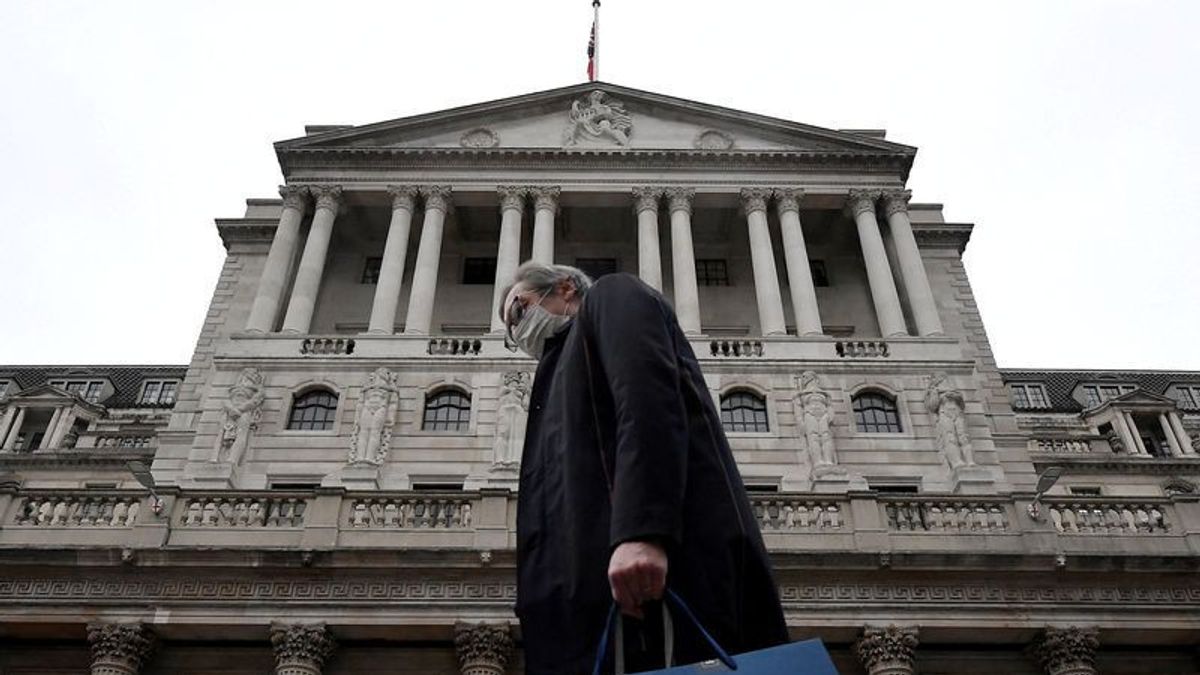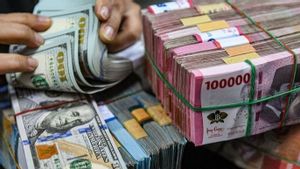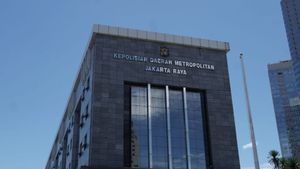JAKARTA – Inflation that has started to move up has forced the central banks of several countries to take quick policies. The UK's central bank (BoE) is poised to raise interest rates on Thursday, May 5 for the fourth time since December. It is the fastest rise in borrowing costs in a quarter of a century as it tries to quell the dangers of a spike in inflation.
But the BoE must tread carefully to avoid a recession, even with inflation at 7.0 percent - more than three times its target - and still rising.
Last month BoE Governor Andrew Bailey said he and his colleagues were walking a "very tight line" to steer the world's fifth-largest economy past a post-pandemic global inflation spike that has been exacerbated by Russia's invasion of Ukraine.
The day after the US Federal Reserve raised its benchmark interest rate by half a percentage point - the biggest increase since 2000 - to a range of 0.75 to 1.0 percent, the UK central bank is expected to announce a quarter-point hike, bringing the bank's interest rate to 1.0 percent.
It was the Fed's second hike in borrowing costs since the pandemic while the BoE's expected hike would be the fourth in a row and raise the Bank's interest rate to the highest level since 2009.
Investors on Wednesday May 4 were pricing in a less than one-in-three chance of a Fed-style half-point hike by the BoE. Sterling has been languishing around a 21-month low against the dollar on worries about the outlook for the UK economy.
“Having been one of the most hawkish central banks at the start of the year, the UK central bank has recently turned into a reluctant walker,” said Peder Beck-Friis, portfolio manager at bond trading giant PIMCO.
Signs of a slowdown - and even a possible recession - are mounting with consumer confidence near record lows and retail sales falling for the second straight month as cost of living pressures tighten.
"Nevertheless, we expect the UK central bank to continue climbing as long as the labor market remains tight and inflationary pressures are strong," Beck-Friis said.
Like the Fed, the BoE is expected to say on Thursday how it plans to start selling large stocks of bonds it has bought since the global financial crisis more than a decade ago.
Selling hundreds of billions of pounds worth of government bonds would be another way for the BoE to tackle inflation, which looks set to approach 10 percent in April.
But the BoE may send a signal to investors on Thursday that it is raising rates too much in the future.
In its previous quarterly forecast in February, the BoE said inflation in three years' time would be only 1.6 percent, well below its 2.0 percent target, if it raised borrowing costs as much as financial markets had expected.
Since then, investors' bets on a rate hike have been on the rise and on Wednesday May 4 they pointed to bank rates more than doubling to 2.25 percent or 2.5 percent in December.
The BoE said after its last meeting in March that "some further moderate tightening may be appropriate in the coming months", having previously said it was possible.
Economists polled by Reuters mostly expect the benchmark interest rate to rise to 1.5 percent by early 2023 and remain there throughout the year.
They also expect an 8-1 vote by the BoE's nine rate-setters at their May meeting for a rate hike to 1.0 percent, with one dissident, possibly Deputy Governor Jon Cunliffe, in favor of keeping rates at 0.75 percent.
The English, Chinese, Japanese, Arabic, and French versions are automatically generated by the AI. So there may still be inaccuracies in translating, please always see Indonesian as our main language. (system supported by DigitalSiber.id)













